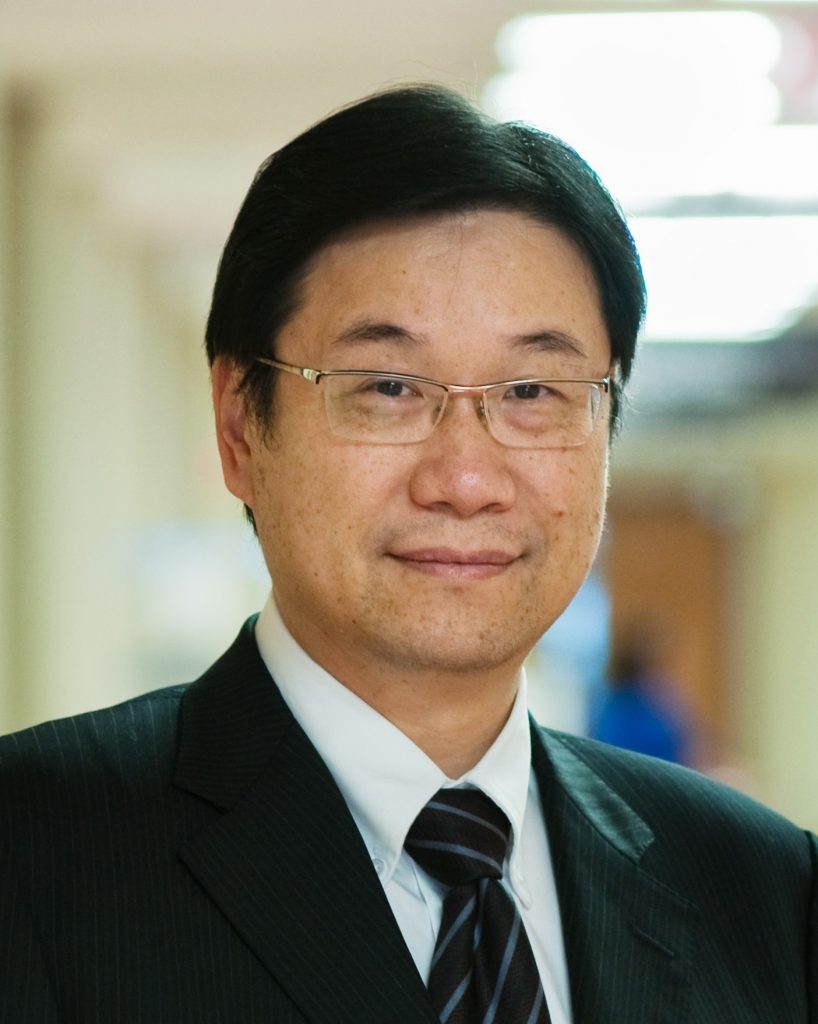
A team of UBC researchers, led by Dr. Kendall Ho, recently spearheaded innovative research aimed at augmenting B.C.’s health information phone line service capacity to better meet the needs of the COVID-19 crisis.
B.C.’s HealthLink BC 8-1-1 service is a free-of-charge provincial health information and advice phone line provided by the Ministry of Health. By calling 8-1-1, B.C. residents can speak to a health service navigator, who provide health information and help callers find health services in their community, or connect callers with registered nurses, registered dietitians, qualified exercise professionals, or licensed pharmacists in B.C.
In March 2020, the COVID-19 pandemic led to more than a sevenfold increase in calls to B.C.’s 8-1-1 service. In partnership with the B.C. Ministry of Health, B.C. Emergency Medicine Network, Rural Coordination Centre of B.C., and the University of British Columbia Department of Emergency Medicine, 8-1-1 initiated a “virtual physician” service entitled “HealthLink BC Emergency iDoctor-in-assistance” (HEiDi). This new service attempted to safely decrease emergency department (ED) referrals (and therefore reduce overall wait times) and safely refer patients back to their family physician.
Beginning April 6, 2020, eligible 8-1-1 callers were referred by nurses to HEiDi to be connected with physicians across B.C. virtually via desktop videoconferencing software. The physicians were able to assess callers’ health complaints, provide advice, and suggest appropriate methods of care. Dr. Ho’s team conducted a 17-week descriptive study by collecting demographic characteristics, health concerns, and the disposition of callers.
“In my clinical experience, many patients go to the ED reluctantly for health advice because of their need for just-in-time information, while others don’t visit the ED even when they have major health problems requiring urgent attention” says Dr. Ho.
“HEiDi physicians can give patients just-in-time information, and ensure appropriate triage to health services. This discerning triage decreases ED wait times and preserves the capacity of the ED for those patients with true emergencies.”
Results of this study indicate that the inter-professional team of HEiDi virtual physicians and registered nurses were able to advise nearly 3 out of 4 patients away from in-person emergency or clinic assessment within 24 hours, while 1 in 7 were advised to seek immediate ED care. These findings suggest that virtual physicians can provide an effective complement to the 8-1-1 provincial health information and advice service. Data collected through Dr. Ho’s study can be leveraged to develop mechanisms that can flexibly adapt to surge of 8-1-1 call volume situations, and the integration of virtual physicians into the 8-1-1 service platform could be an important and sustainable aspect of how HealthLink BC will look as we all adapt to the new normal post the COVID-19 pandemic.
In future research, Dr. Ho intends to link the 8-1-1 data with emergency department and practitioner data to assess patient safety, system utilization, and cost-effectiveness. “I’d like to better understand the patient’s journey after using the HEiDi service, particularly in terms of visits to the ED, follow-up with family doctors, and overall health outcomes” he says. “This verification step will prove HEiDi’s ability to successfully support patient care, and demonstrate the service’s cost-effectiveness in support of the optimal utilization of primary and acute care services.”
Learn more:
- CMAJ Open: Integration of virtual physician visits into a provincial 8-1-1 health information telephone service during the COVID-19 pandemic: a descriptive study of HealthLink BC Emergency iDoctor-in-assistance (HEiDi)
- HealthLink BC: Virtual Physicians
- B.C. Emergency Medicine Network: HealthLink BC Emergency iDoctor-in-assistance (HEiDi)
- B.C. Emergency Medicine Network: Study Shows HEiDi is an Effective Complement to 8-1-1
- UBC Department of Emergency Medicine: Digital Emergency Medicine Unit


